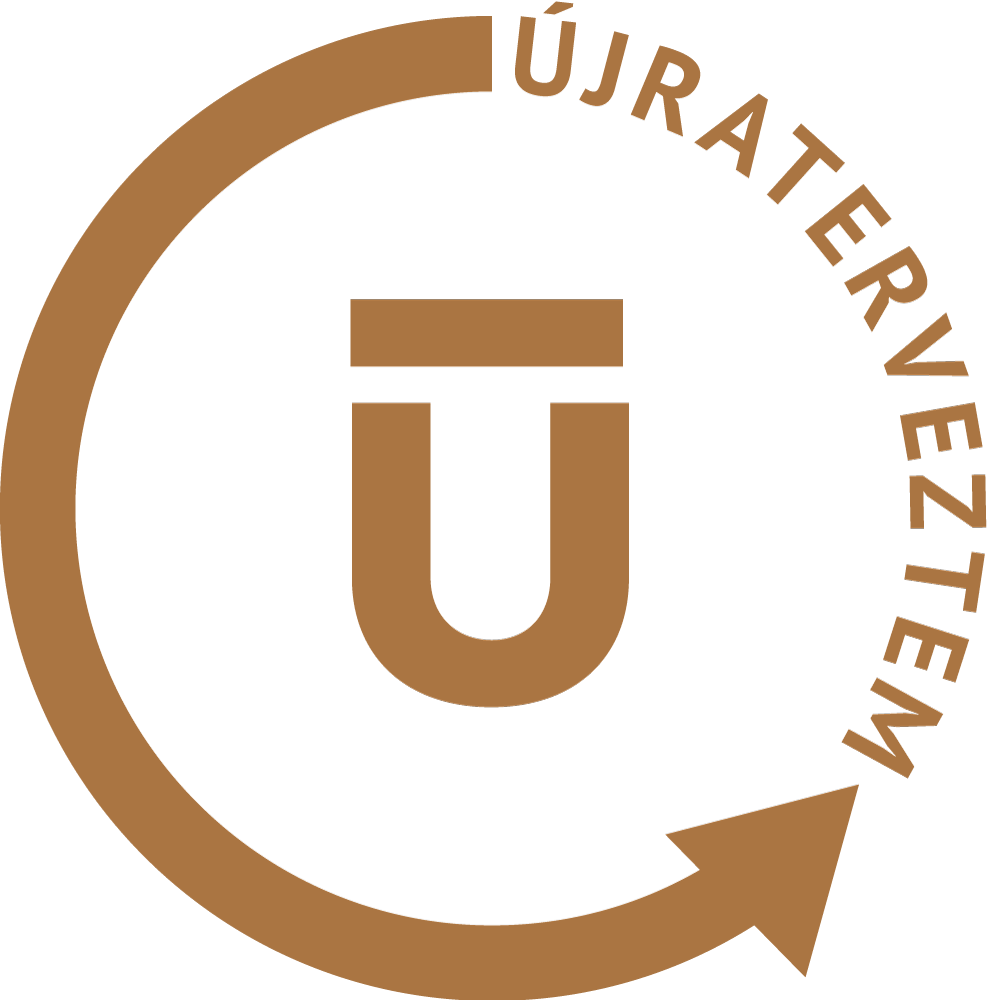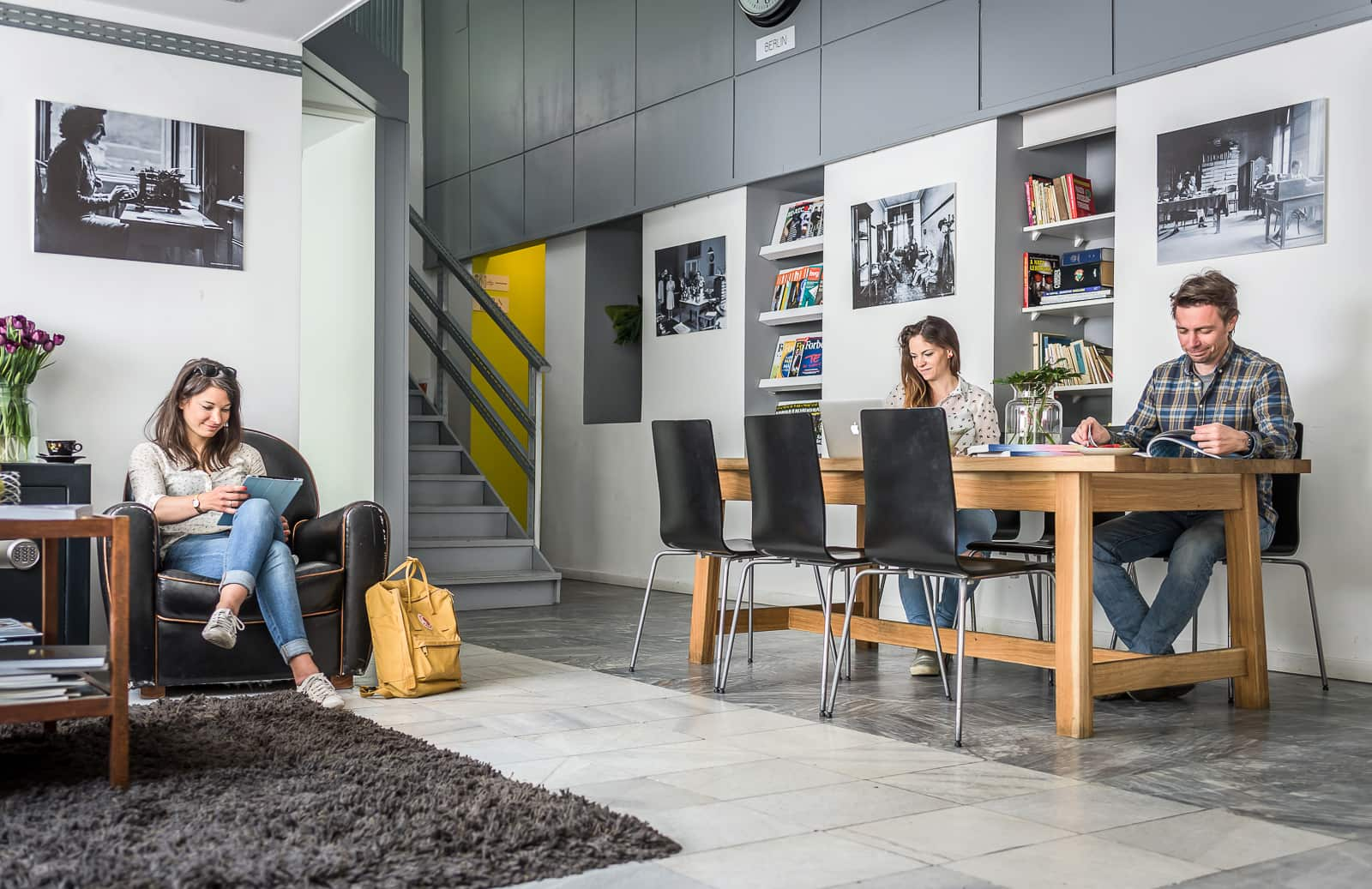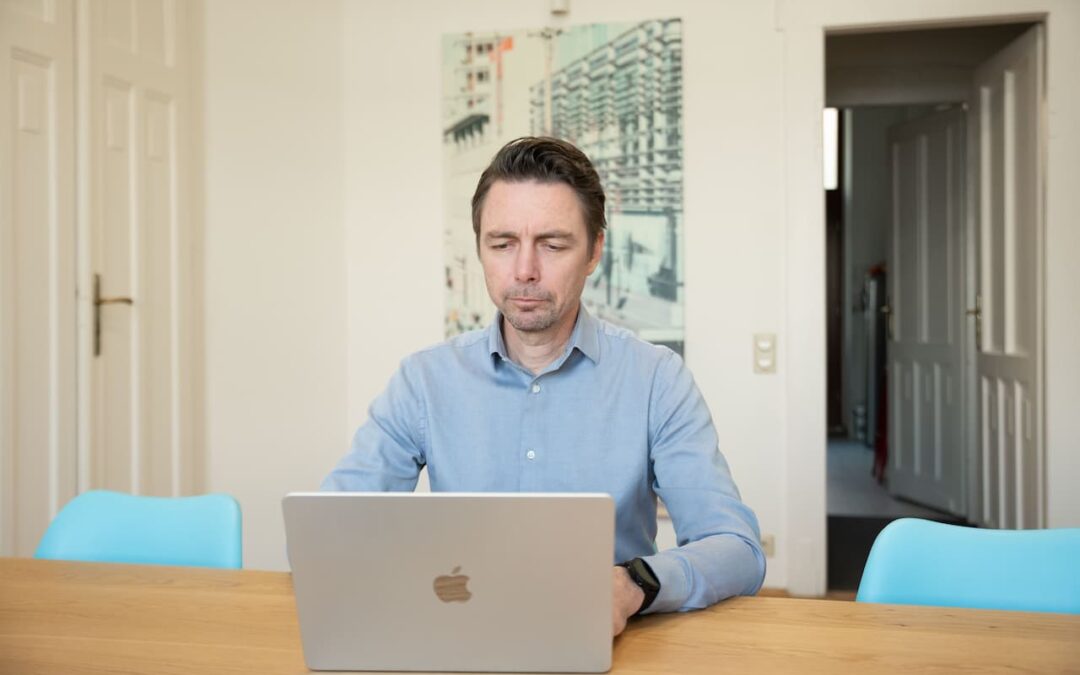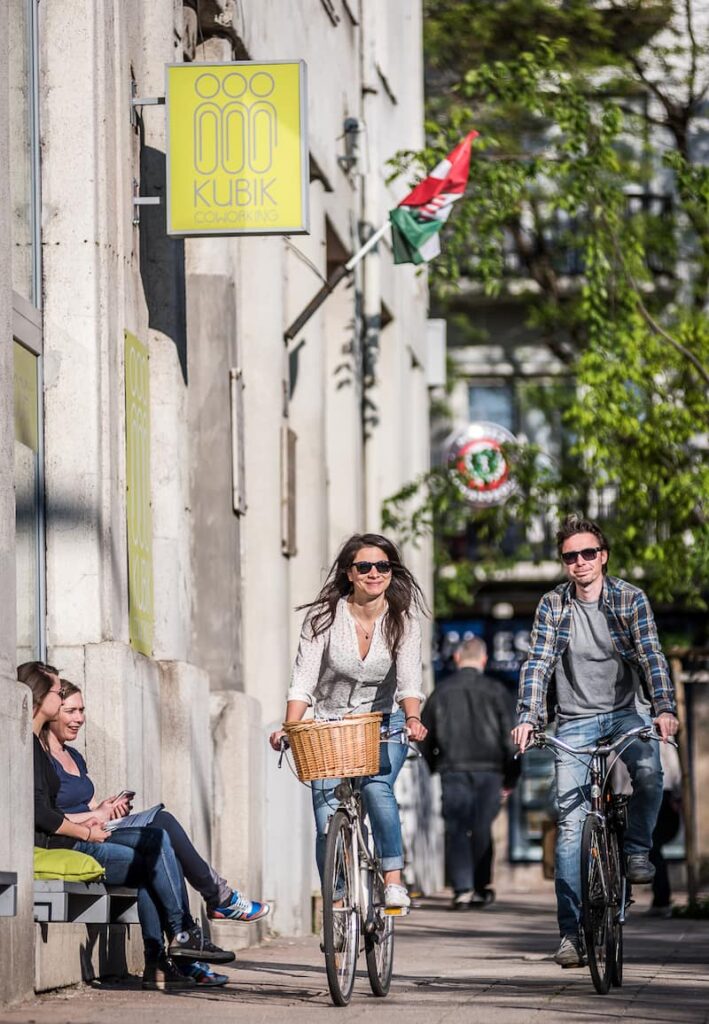“Even as a lawyer, I always had a strong business interest, including that’s one of the reasons why I became an entrepreneur,” says Levente Rövid, a lawyer and the founder of Kubik Community Office. The lawyer-entrepreneur spoke about his beginnings, the projects he ran while practising law, and why he decided to go coworking. Interview.

01
If I’ve got my information right, you started your career as an international lawyer, working in law firms and consulting firms. Can you summarise how did you get the opportunity to pursue an international career in law and then how did you return to Hungary?
02
I can sense that over the years you’ve struggled with the corporate world and being an entrepreneur? Finally, with the creation of Kubik, you decided to become an entrepreneur?
03
Did you have a family role model or example that inspired you, motivated you to try your hand at entrepreneurship?
Yes, partly yes. I consider myself an autonomous person, which is an important factor in my life. At the same time, my parents in the ’90s started a business and built up a small family business. So the pattern was there before me, which certainly influenced me.
04
I understand you founded Kubik in 2014, and it was a period when the concept of coworking was given a new impetus. Why did you choose this market, and what was your inspiration?
Yes, that was indeed the case. Around 2014, there was a realignment in Hungary in the coworking market. The first wave had already subsided, and by that time, it was more about those who were serious about their presence in the market. As a lawyer, I visited coworking offices several times because I had clients who worked this way. I liked the atmosphere, how much more informal and fun it was compared to a traditional office. At one point, I found myself thinking, and I felt like I’d rather work in a place like that. And then, when a suitable property came across our path in New Town, it was no longer a question of which way to go. With my two founding partners, who are also good friends of mine, we decided to take the plunge. Plus, working together with friends was an extra motivation for me, and that’s how Kubik was born. But I could also say that Kubik is the result of a love project.

05
It’s a common saying that “love kills, makes you dumb and miserable”, but Kubik shows that a “love project” can also be a successful and prosperous business…
Yes, in fact, if you really love what you do and you’re passionate about it, you can be successful in the long run. Fortunately, the whole project was done with people who helped me, and who, like me, are just as dedicated to our goals. Two years ago, I handed over to Évi (Évi Mocsár – editor) the operational management, which helped me because now I don’t have to be the one to solve everything, and she and her team are now running the day-to-day operations. I’m the type of person who likes to invent and implement new things, but I don’t necessarily need to be involved on a day-to-day basis.
06
What was the biggest challenge at the start, and how did you cope with the situation?
The first challenge we faced was when we had to start a new area of activity – none of us had previously been involved in property management. But we received a lot of help and support from my family and friends. My architect parents coordinated the office design and the renovation, and my sister and sister-in-law were involved in maintenance and operations. As for genre-specific help, almost from the beginning, we joined a very well-established international coworking network, which provided us with continuous knowledge-sharing, so we were able to get up and running quickly and grow. All in all, looking back now, we had some serious difficulties because I always worked with great people, and we worked together.
07
The Covid epidemic hit the domestic and European coworking market hard… What was your first reaction when you were confronted with the pandemic, and how did you react?
Our first reaction – and presumably that of others – was that we didn’t know how long the pandemic would last and what the impact would be. Fortunately, we had reserves, which helped the company get through this difficult period. Since we also have separate private offices in addition to the open-space community area, these remained open, so there were teams that could still come in. We reduced staffing levels and shortened opening hours. Fortunately, we were able to adapt quickly, and this ensured our survival.

08
How do you feel the market has returned to normal after the pandemic, in terms of getting back to its previous “frequency,” and how do you see the future?
The office market has clearly started to return to normal – the last two years with very good results – and the forecasts are positive. However, getting people back into the office has not been an easy task. Good communication and marketing were key to rebuilding the brand and bringing people back into the office. And the re-engagement didn’t happen overnight. It took a lot of work, and Évi – who, as I mentioned, has been in charge of the office for two years now – played an extremely important role in the successful return.
09
You mentioned that you handed over the reins to Évi two years ago… How did you manage your time, energy, and work as a lawyer and Kubik at the same time, especially before starting a family?
I have tried to structure both my work as a lawyer and my duties with Kubik from the beginning – but especially the latter – in a way that works, even if I am not present every day. In the first years, I managed both, but as I knew even then that I could not manage this duality for long, I decided to build up a strong team. This helped me to keep the Community Office running even when I’m not there every day. After my children were born, it became clear that I needed to spend more time with the family, so I gradually handed over more and more tasks.
10
And what about now, how do you divide your time between different projects?
It’s a very simple situation: at the moment, I’m just the owner, and I’m not involved in the day-to-day operational work. I devote most of my remaining time to my family, but I also have some energy for other side projects, but these are more of a hobby. Family is basically the most important thing for me right now.
11
How do you see the future of Kubik and what are your plans for the coming years?
The future of Kubik is clearly pointing towards expansion. In recent years, we’ve grown in small steps, but now the time has come to accelerate this growth. For example, we are intensively looking for the right property for the next project. I am confident that we can reach our targets and even expand at the international level.

